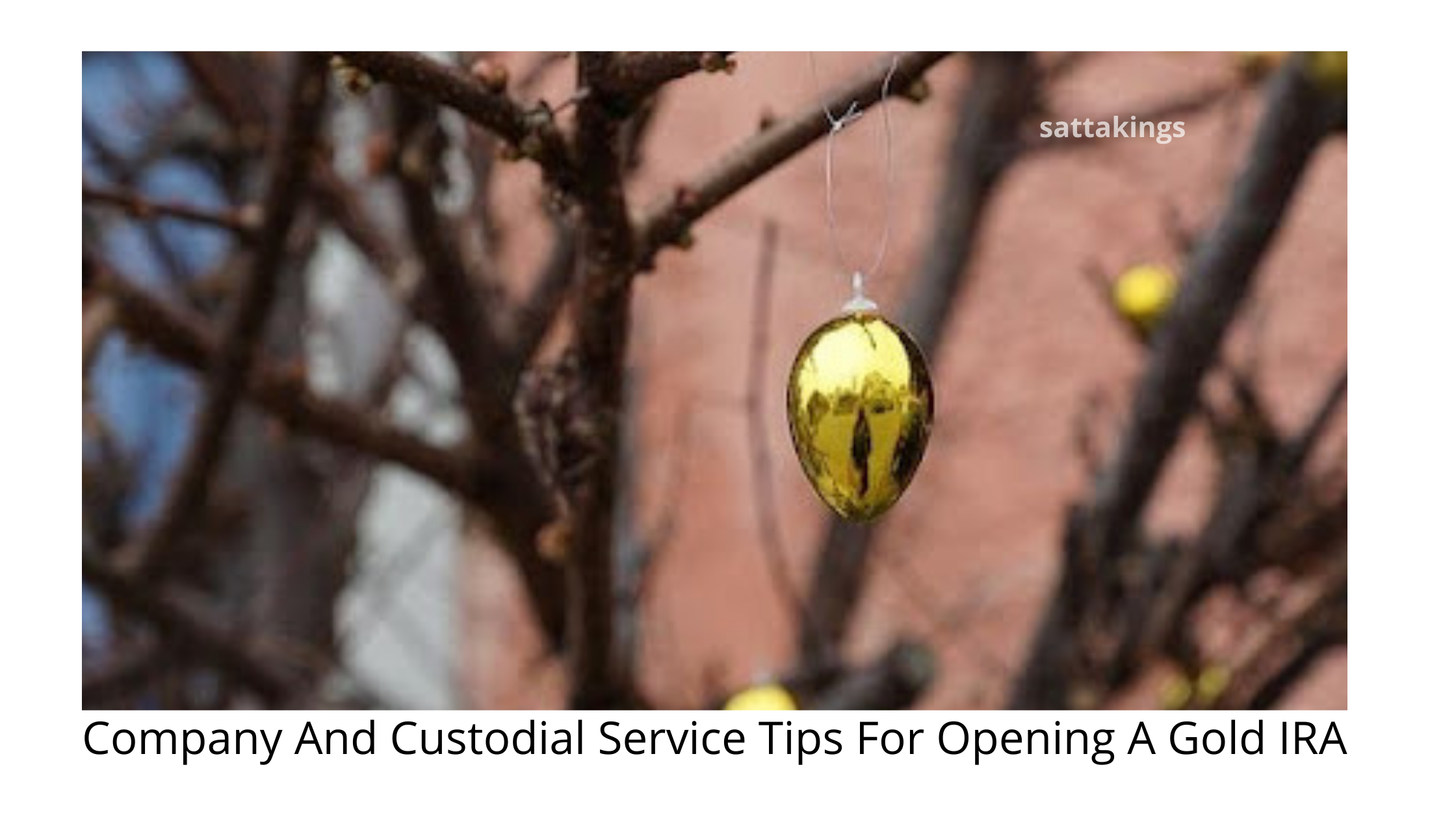While paper assets demonstrate much volatility due to their correlation with the market, gold, palladium, silver, platinum are not immune to their own level of volatility. However, investors find these superior options when there’s economic strife since they tend to thrive where paper assets struggle.
Including a gold IRA as part of a retirement strategy assists in protecting a client’s wealth in numerous ways. Some of these include diminishing possible risks and the level of volatility within a portfolio, hedging inflation and economic turmoil, and tax incentive for any gains.
The suggestion, however, is to invest in these self-directed IRAs backed by gold conservatively with a mere (roughly) 10% share in your plan to maintain balance and create an adequate stability. Going too far in the metal direction will tip the scale creating unique risks for the investor. Click for a guide on the risks and benefits of these IRAs.
Table of Contents
Tips For Opening A Self-Directed Gold IRA
A self-directed IRA backed by gold needs a bit more than a conventional IRA, both with regulations, requirements, and expenses. You will not only buy the metal, but you will also be responsible for selecting adequate IRS-approved storage facilities for the product.
The fees are considerable compared to a standard individual retirement account with charges for setup, physical commodity storage in a depository, transaction costs, and for custodial services specific for self-directed accounts specializing in precious metals.
Opening the account and investing is somewhat more complex also. Before opening an account, find out things you should know at https://calbizjournal.com/what-you-need-to-know-before-opening-a-gold-ira/amp/. Let’s go through the varied steps.
-
The custodian should specialize in self-directed IRAs for precious metals.
All IRAs, including conventional, use a custodian. Still, self-directed individual retirement accounts for precious metals are administered and managed by a custodian specializing in these specific IRAs. These firms can be trust companies, financial institutions, or other distinct IRS-approved entities.
These services make it possible for investors to start the process of alternative investing in physical commodities, for example, real estate, art, and precious metals such as gold.
-
Choosing a precious metals dealer with the express purpose of buying gold.
As the account owner, you have the final say on all decisions that affect the IRA and direct the custodian who is responsible for the management. However, the custodian will ensure that the decisions you’re making are within the guidelines set forth by the IRS.
After careful research to find a reputable dealer, you will instruct the custodian to administer funds to this firm for the purchase of either gold, palladium, silver, or platinum.
If you’re in search of a trusted dealer, look over these reviews for all gold IRA companies, many of whom are long-standing in the industry. It’s essential to research carefully for this company before committing to a specific service.
Look for an option that has an association with “industry trade groups” that include: (ANA) “American Numismatic Association,” (ICTA) “Industry Council for Tangible Assets,” or (PNG) “Professional Numismatists Guild.”
-
Look into what products are ideal for your portfolio.
Generally, the custodian is not permitted to advise in any capacity regarding the investments or products. The dealers can’t make suggestions regarding how to invest but can explain the products and which are allowed by the IRS. That’s another reason to do due diligence when searching for the ideal company with which to work.
The firm should optimally be most informative with details so you can make the most educated decision for your retirement strategy.
-
Decide on an IRS-approved storage depository.
A self-directed IRA comprising precious metals must be stored in an IRS-approved depository. You can choose where the products go, but your dealer might be able to offer suggestions.
Typically, the custodian has no capacity for giving advice or making suggestions to sway client decisions. Their responsibility is to ensure that compliance with Internal Revenue Code requirements is met.
Precious metals cannot be stored in a client’s home. If you do so against regulations, you can face tax repercussions and various penalties. You can take possession of your gold and do with it as you wish when you retire.
That can include passing it to a family member as an inheritance, selling it, storing it for future financial stability; however, you choose – when you reach retirement age, not a moment before.

